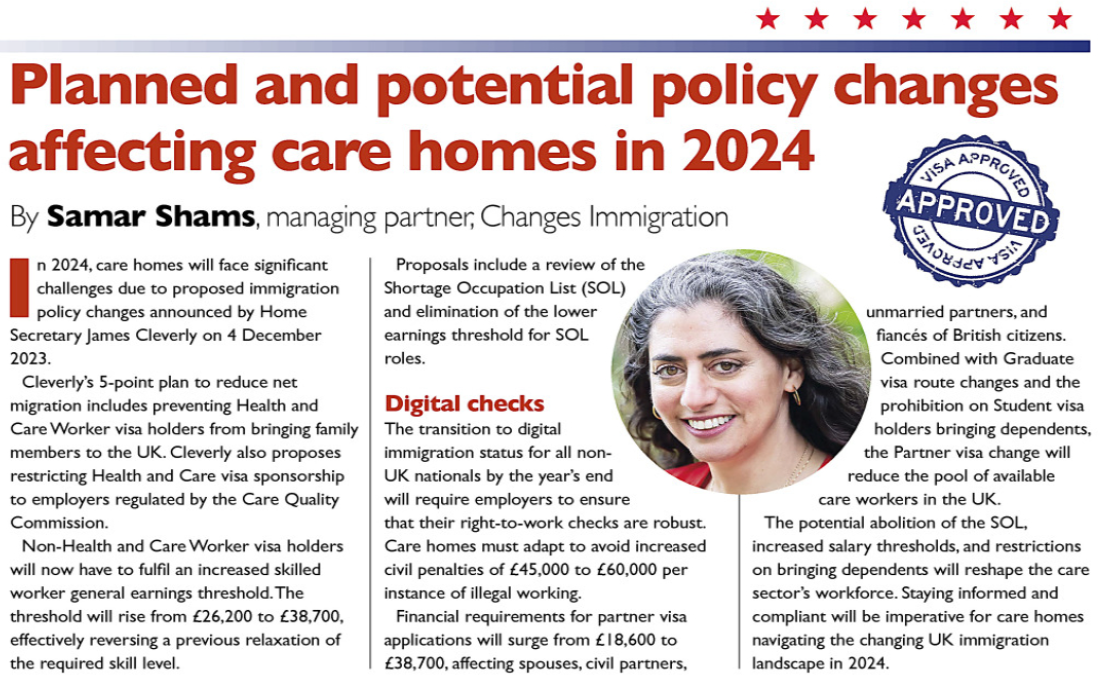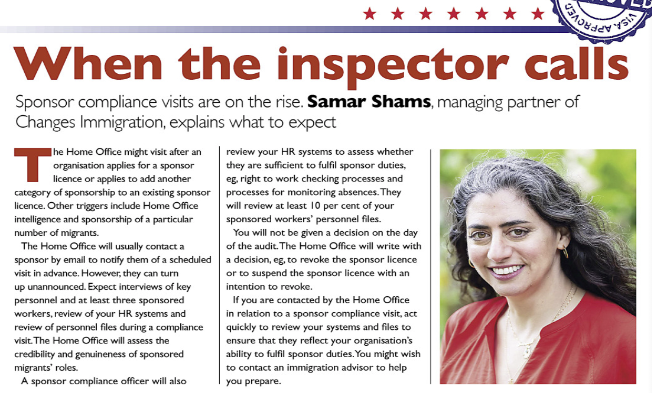Introduction
I am a 15-year-old Chinese-Malaysian student whose grandmother moved to the UK in 1969. She has lived here ever since. I am one of very few Asian students in my school. This article is based on my experience of working at Changes Immigration and of life as a person of colour living in the UK. I have interviewed a few people about their life experience now and whilst growing up.
Lived experiences
My time as an Asian student has been incredibly difficult at times. I’ve had other students calling me offensive slurs, making fun of my eyes and speaking in stereotypical accents. But school life has also been exciting and interesting. For example: my school set up culture days to appreciate the many cultures included in our school and the world. They have rooms, corridors and buildings dedicated to cultural appreciation. I have great friends whom I love and who love me back and a school that ‘appreciates’ who I am as someone of colour.
A Chinese friend of mine states that when she was younger, she never felt too separate from everyone else. She felt pretty much the same as anyone. She started secondary school. She noticed being Asian and someone of colour can be difficult. Being a Chinese person, she sometimes feels pressure or put down when she is unable to do something as many stereotypes are embedded in all our brains.
Another friend says when growing up, she always wanted to be white. She hated her hair, she wanted to have straight hair because she felt peculiar or unusual and wanted to look like everyone else. She states: “I never really experienced discrimination at a young age but not many people around me were like me.”
My grandmother’s story is slightly different. She lived in the UK at a time when racism was common. She received verbal abuse and was made to feel alone. When she immigrated to the UK in 1969, she declared she felt “confused, lost and lonely”. She was given looks and forced to feel different. She felt trapped.
My grandmother immigrated from Malaysia as she wanted to live a better life and go on her own way. People even made it difficult for her to find a suitable, liveable home. A common stereotype of Chinese people is that they are shy and do what people tell them. As my grandmother’s confidence grew, she started to fight back. She states that occasionally people were helpful and may have accepted who she was.
My grandmother’s experience of discrimination is common. Immigrants all around the world face stereotypes: they are ‘scary’, they commit crimes, or even that they are ‘stealing’ jobs. Stereotyping could make immigrants feel vulnerable or stressed. Some may be experiencing psychological trauma or homesickness.
Immigration
Everyone contributes to the world. Equality is important and no one should be treated differently because of their skin colour nor their home country. The International Organisation for Migration, part of the UN, confirms that immigrants contribute positively to their communities through socio-cultural factors such as traditions and beliefs, through civic-political problem-solving activities such as volunteering and through economic factors, stimulating economic growth and contributing to GDP.
Racism/discrimination
Cultural diversity is important for communities. Embracing cultural diversity allows people to understand the world around us. It creates a positive and inclusive community, which is beneficial to everyone. Respect is important to enabling an equal community. It allows a sense of security and well-being. Not everyone thinks the same way. For instance: around 49% of hate crimes in the UK are racially motivated.
Overview
Cultural diversity shapes our behaviour and skills positively whilst racism creates communities where people can’t trust or respect each other.
Immigration should be recognised as a positive force in society.
Publication Date: 20 May 2024








